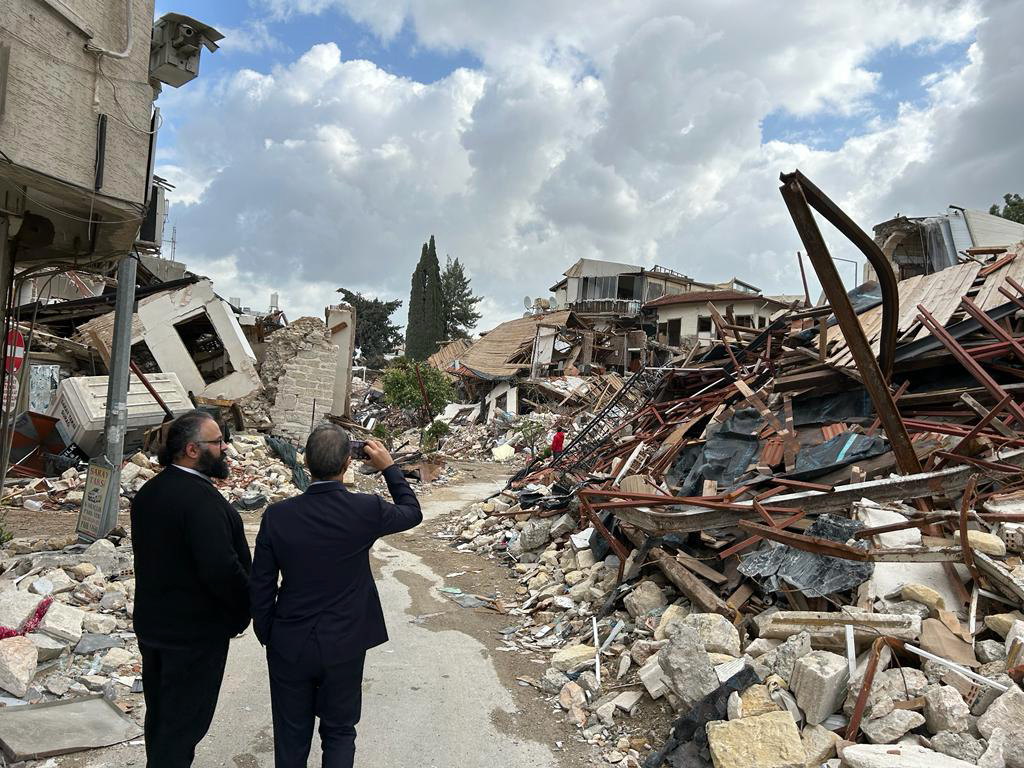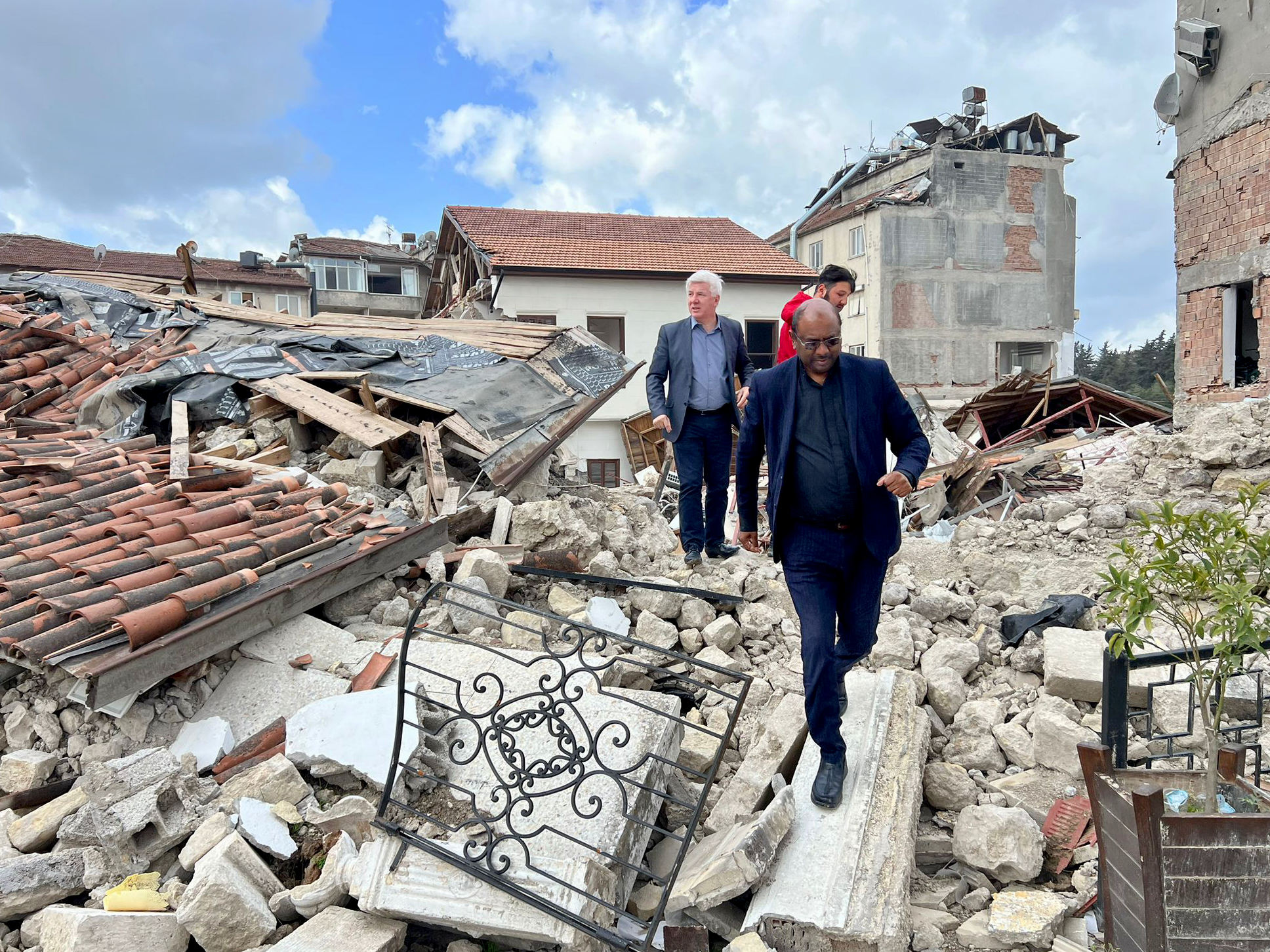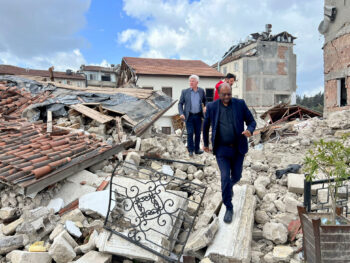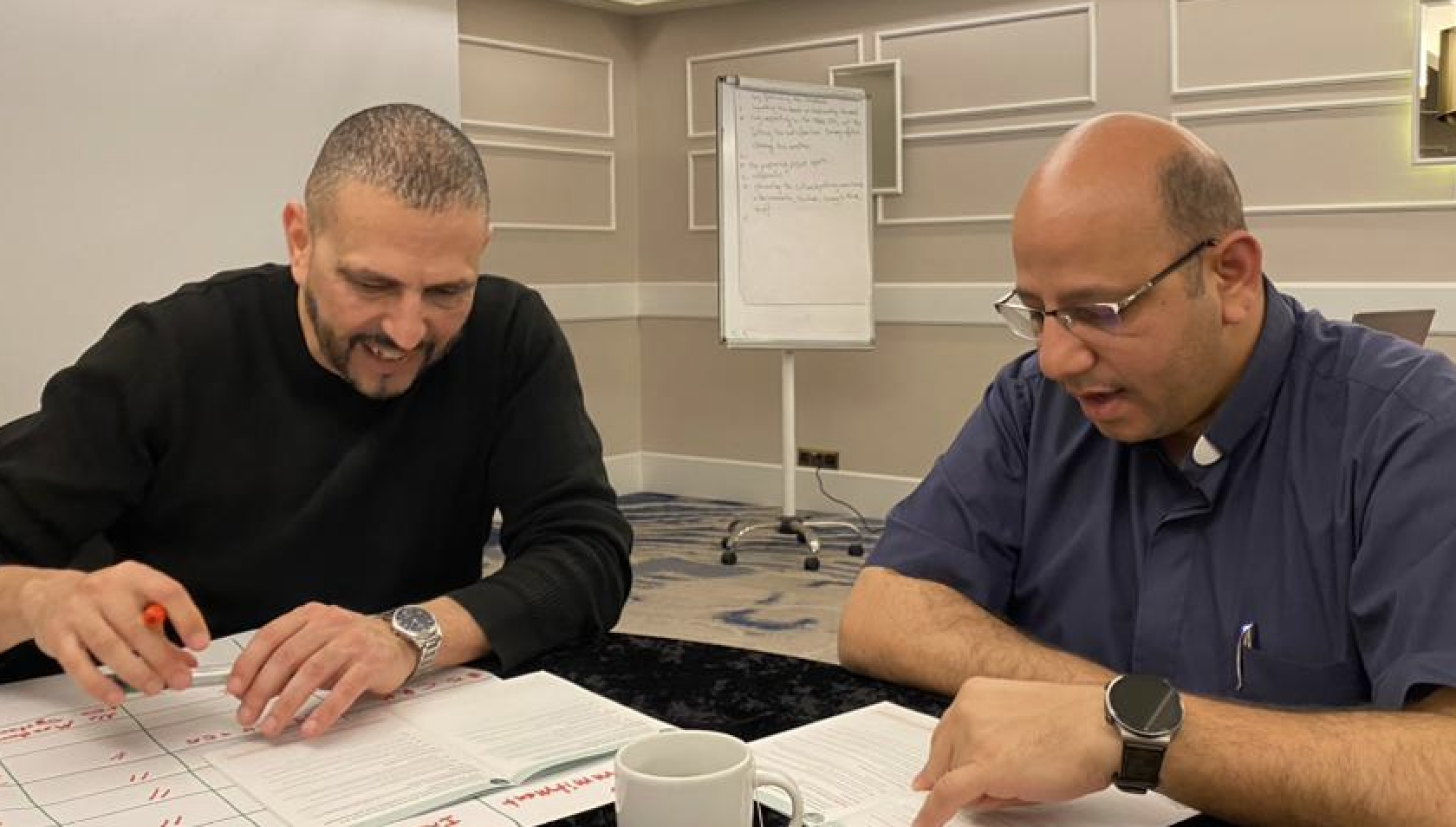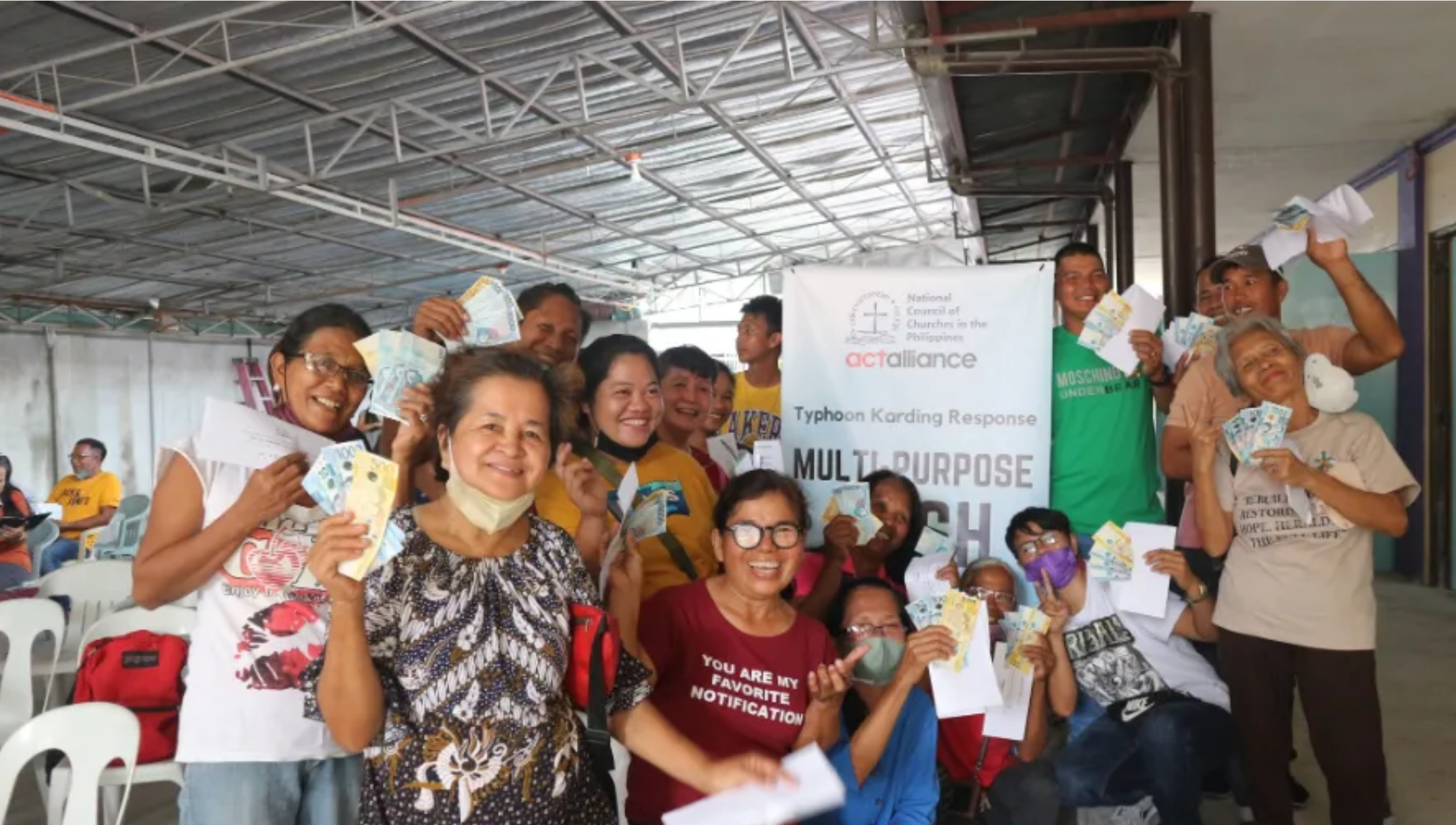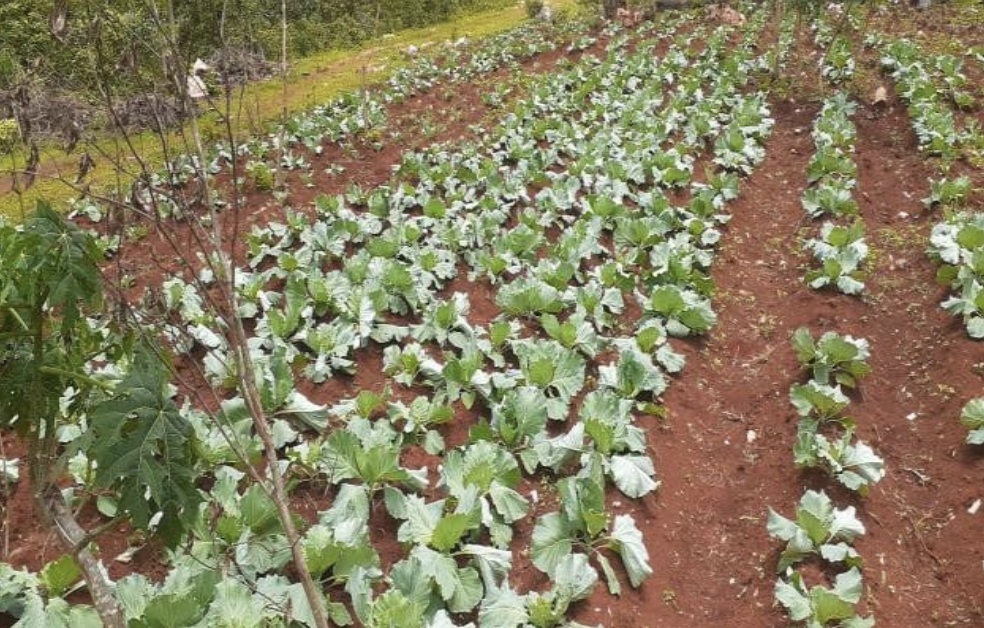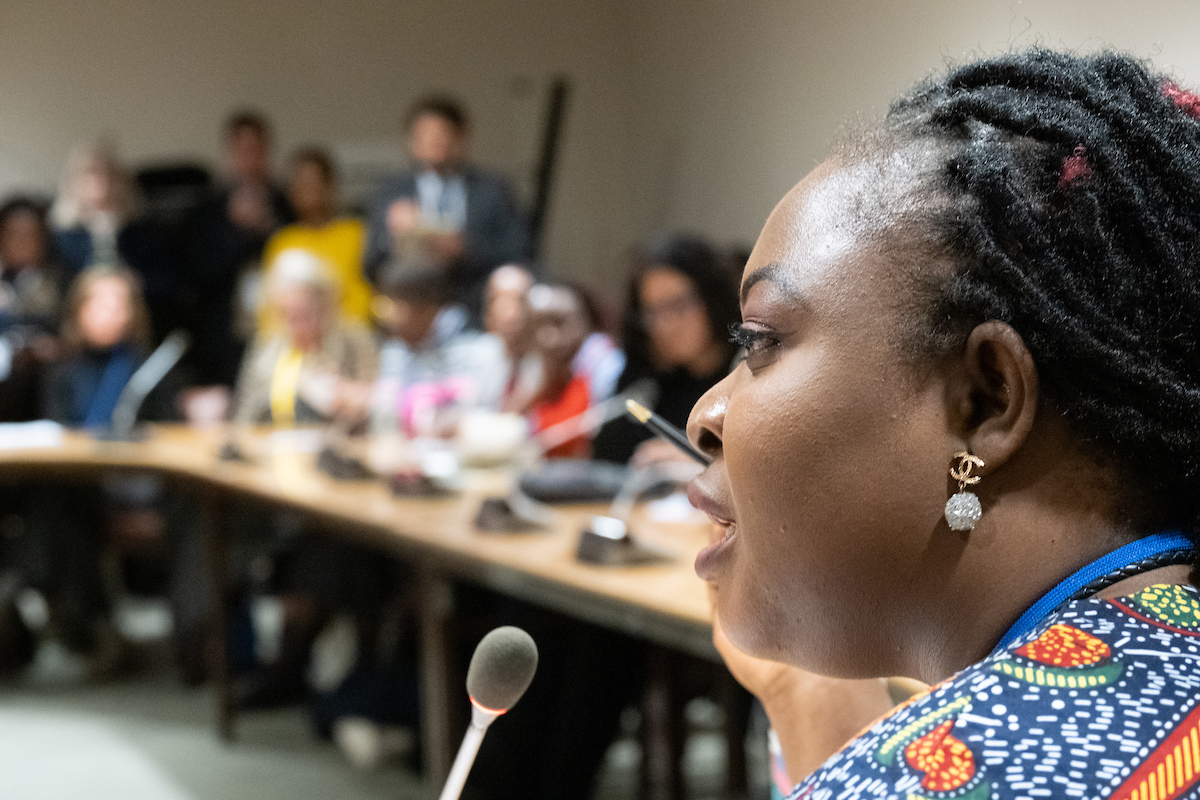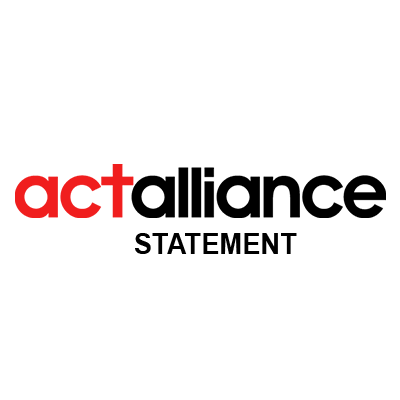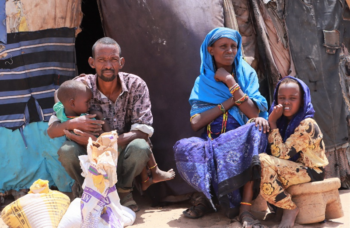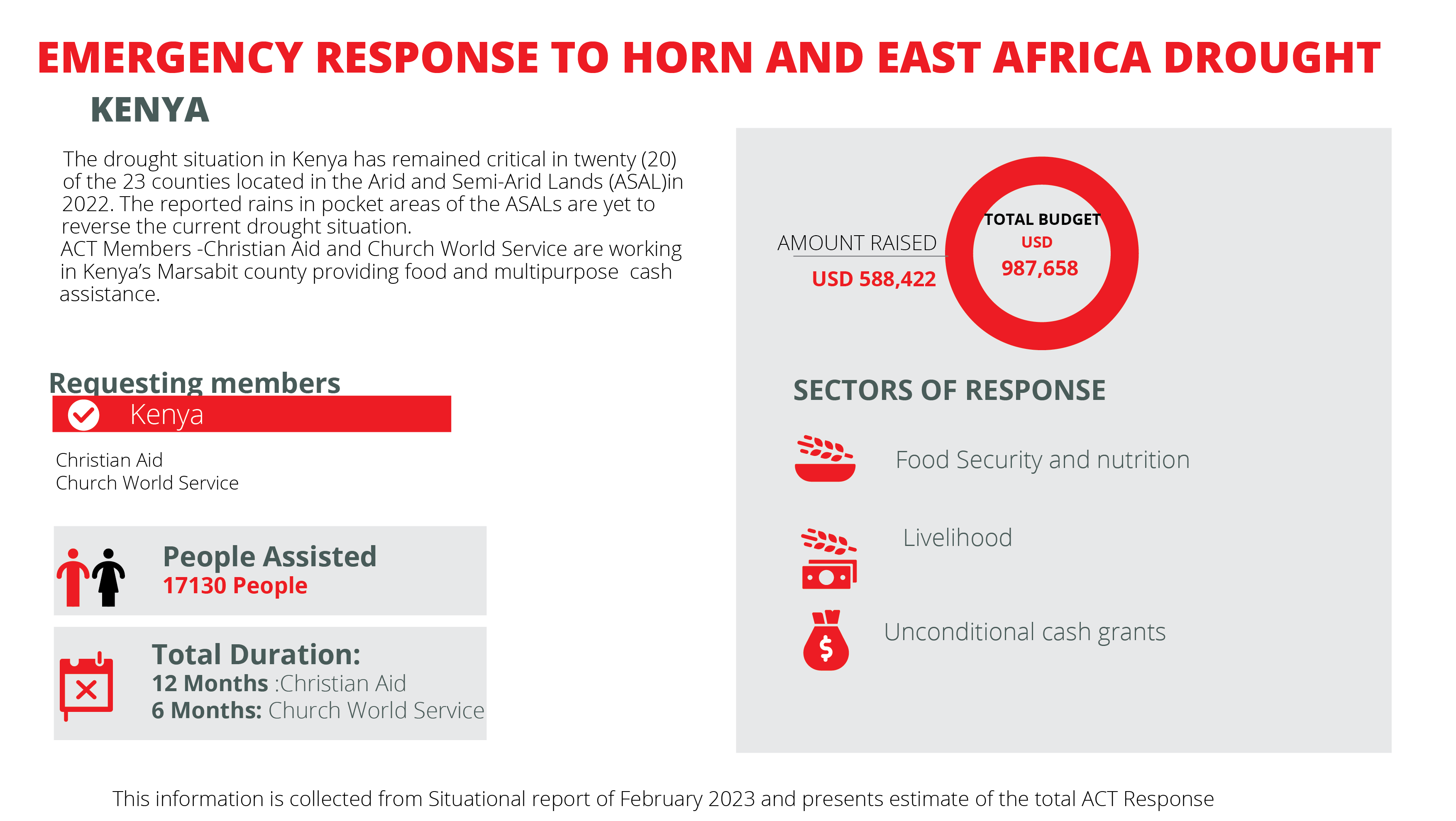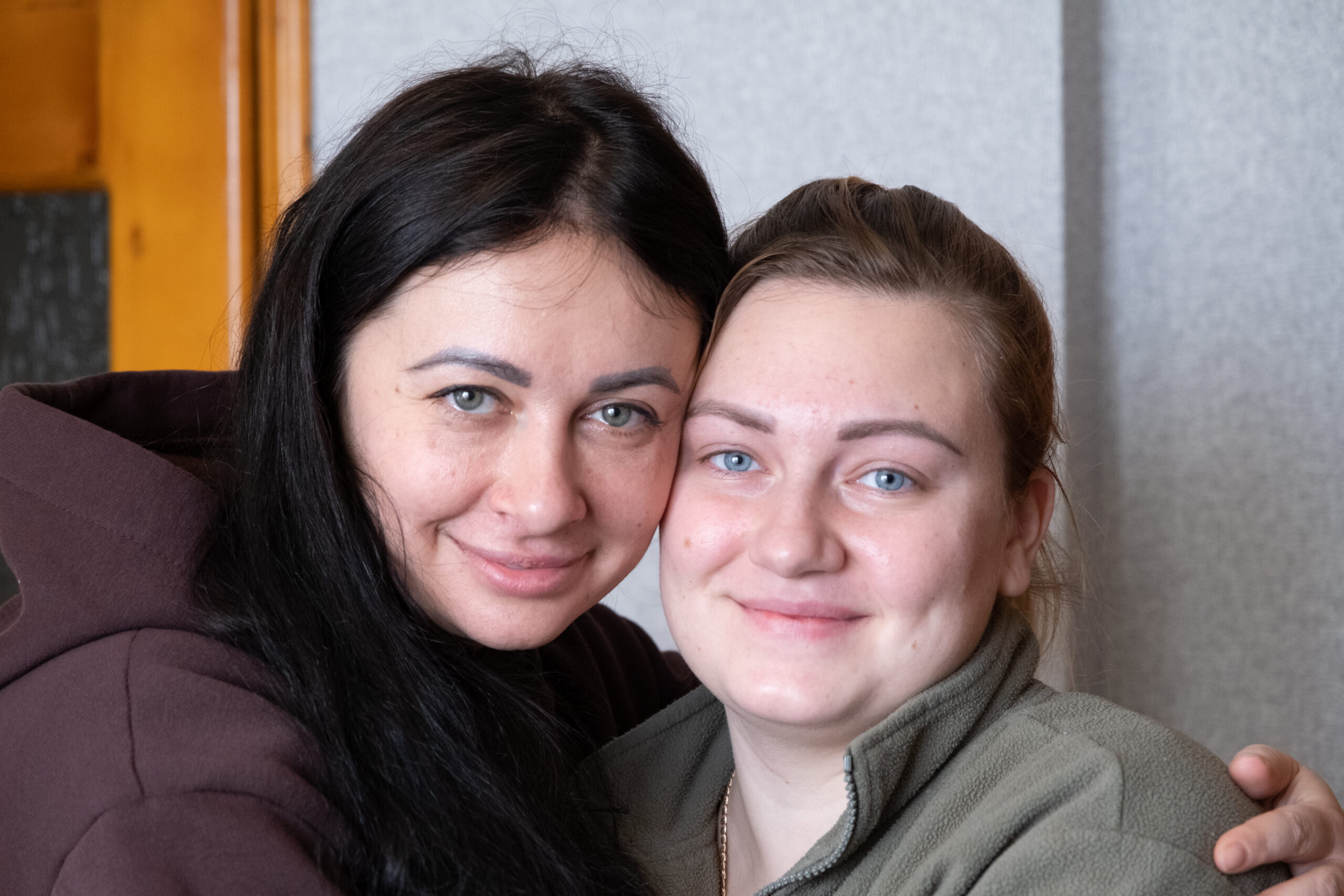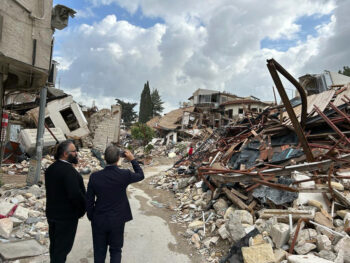
After returning from a solidarity visit to Türkiye, World Council of Churches (WCC) general secretary Rev. Prof. Dr Jerry Pillay and ACT Alliance general secretary Rudelmar Bueno de Faria appear in a video interview speaking about what they saw, how churches are working together, and their unique reflections on their visit—held 4-6 April—took place during western Holy Week.
Accompanied by Laki Vingas, archon of the Ecumenical Patriarchate and former elected representative of minority foundations in Türkiye, they visited Mersin, Iskenderun, and Antioch.
“The WCC and ACT Alliance’s presence in these particular places indicate that we care, we are concerned about what has taken place, and we want to find out how we can actually be of assistance,” said Pillay. “I might also stress that it was important for us to do this together.”
Both Pillay and Bueno de Faria said that they were very sad to see the devastation and damage left by the quake, which killed over 45,000 people in Türkiye alone. There is grave need related to the lack of food, water, and healthcare, and many first responders continue to work under extremely aggravated circumstances.
“What stood out to me first was the powerful impact of the earthquake on the infrastructure and the life of the people,” said Bueno de Faria, who is a survivor of earthquakes in Central America in 2001. “Comparing what I saw in Türkiye, it was shocking to see what people faced and the stories about how people were affected directly or indirectly and also communities as a whole.”
Watch the full interview
Bueno de Faria said that ACT Alliance is responding to the humanitarian needs of the most vulnerable both in Türkiye and Syria through ACT’s appeal, which has raised almost $8.5M to date. Churches play a vital role in humanitarian response as they are integrated in the communities, able to provide key needs assessment data to responders, and food, shelter, cash assistance, psychosocial support, and much more direct aid to affected families.
Pillay and Bueno de Faria met many people with uncertain futures and are concerned—particularly in Antioch—that people will not return, and the historic city will lose its lively Christian presence.
“Much time and effort is going to be put into the reconstruction of people’s homes and churches and buildings, and so forth,” assured Pillay. “One of the great things happening at the moment, from what we have seen, is the great ecumenical collaboration. The churches are all working together.”
Being in Türkiye during Holy Week was an important time for reflection, Pillay concluded.
“I could reflect on the suffering of Jesus and then reflect on the suffering of people who have been displaced from their homes and their livelihoods, and where the earthquake has robbed them of their continuity of life,” he said.
“ACT Alliance, WCC delegation on solidarity visit to Türkiye” (ACT/WCC news release 6 April 2023)
